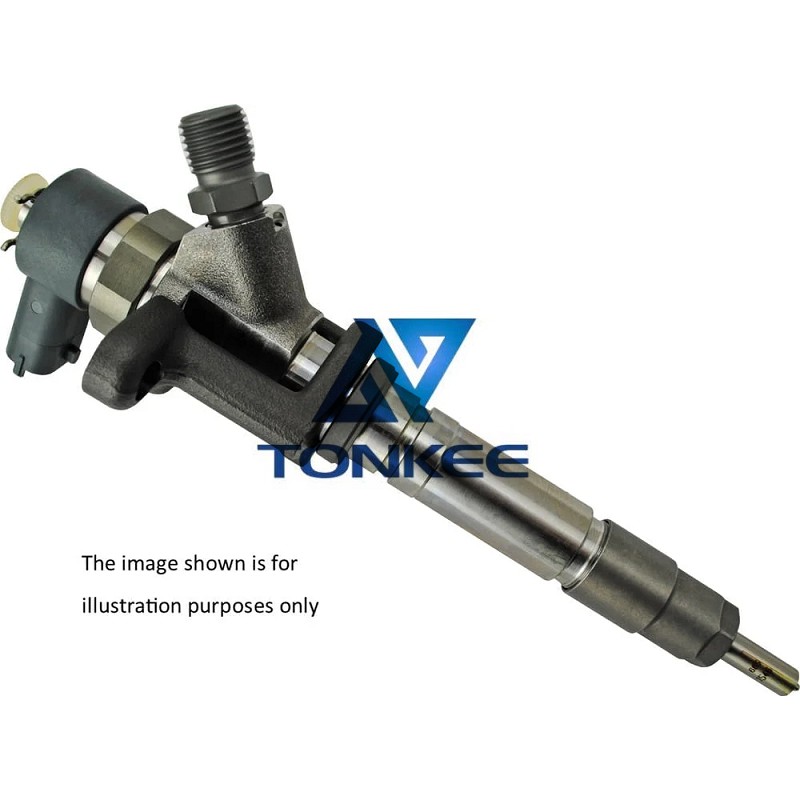
Injector Nozzle: The nozzle is responsible for delivering a fine mist of diesel fuel into the combustion chamber with precise timing and in the right quantity.
Control Valve: This controls the flow of fuel into the injector nozzle, allowing for fine adjustments to optimize combustion.
Pressure Sensor: A built-in pressure sensor continuously monitors and adjusts the injection pressure to ensure optimal performance.
Electromagnetic Coil: It controls the movement of the control valve, regulating the injection process.
High-Quality Materials: The injector is constructed from robust materials that withstand high-pressure environments and corrosive diesel fuels.
Function:
The primary function of the Delphi 28650351 Common Rail Diesel Injector is to inject fuel into the engine's combustion chamber at precisely the right moment, in the right amount, and at the correct pressure. This process is vital for the engine's efficiency and emissions control. The injector operates as follows:
Fuel Filtration: Diesel fuel is drawn from the fuel tank and passes through a filtration system to remove impurities that could damage the injector.
High-Pressure Pump: The injector is connected to a common rail, which receives fuel from a high-pressure pump.
This pump pressurizes the fuel to extremely high levels, typically in the range of 1,000 to 2,000 bar.
Injection Timing: The engine's electronic control unit (ECU) calculates the precise timing and duration of the fuel injection cycle based on various sensor inputs, including engine speed, load, and temperature.
Injection Phase: When the ECU signals, the electromagnetic coil moves the control valve, allowing fuel to flow through the nozzle. The high-pressure fuel is then atomized into a fine mist and injected into the combustion chamber.
Optimized Combustion: Proper injection timing, pressure, and atomization ensure efficient combustion, resulting in reduced fuel consumption and lower emissions.



 English
English Русский язык
Русский язык



